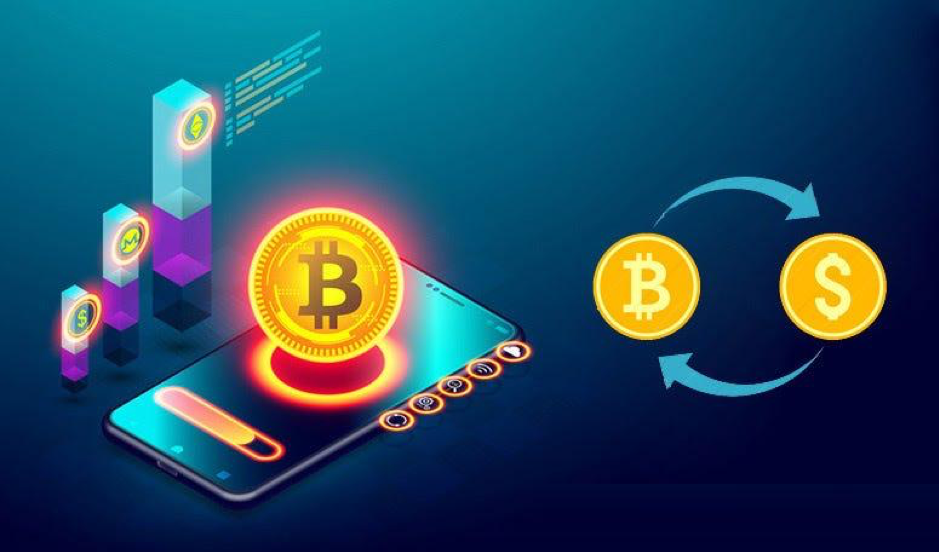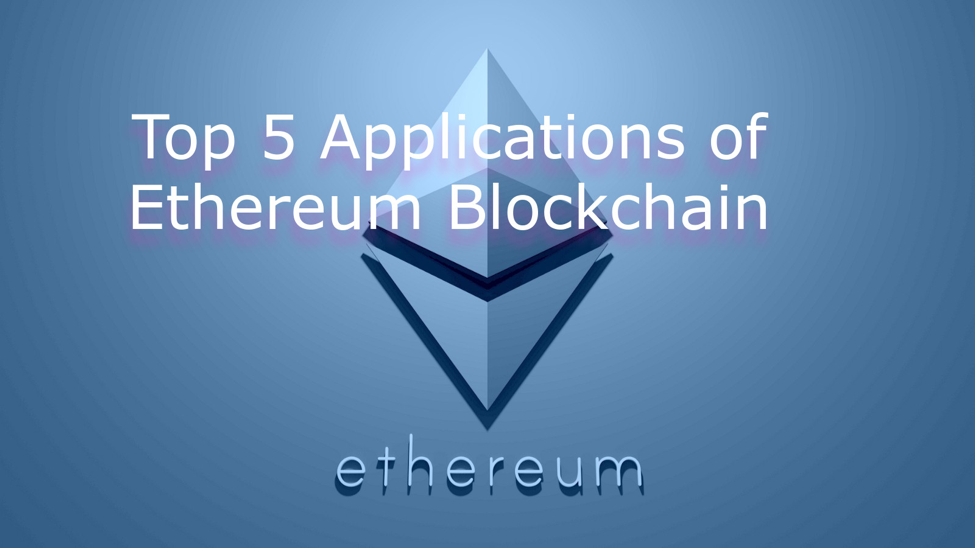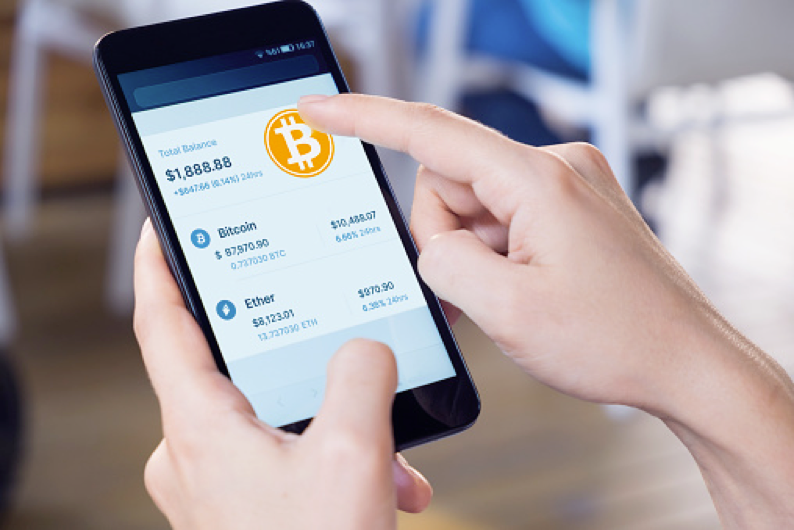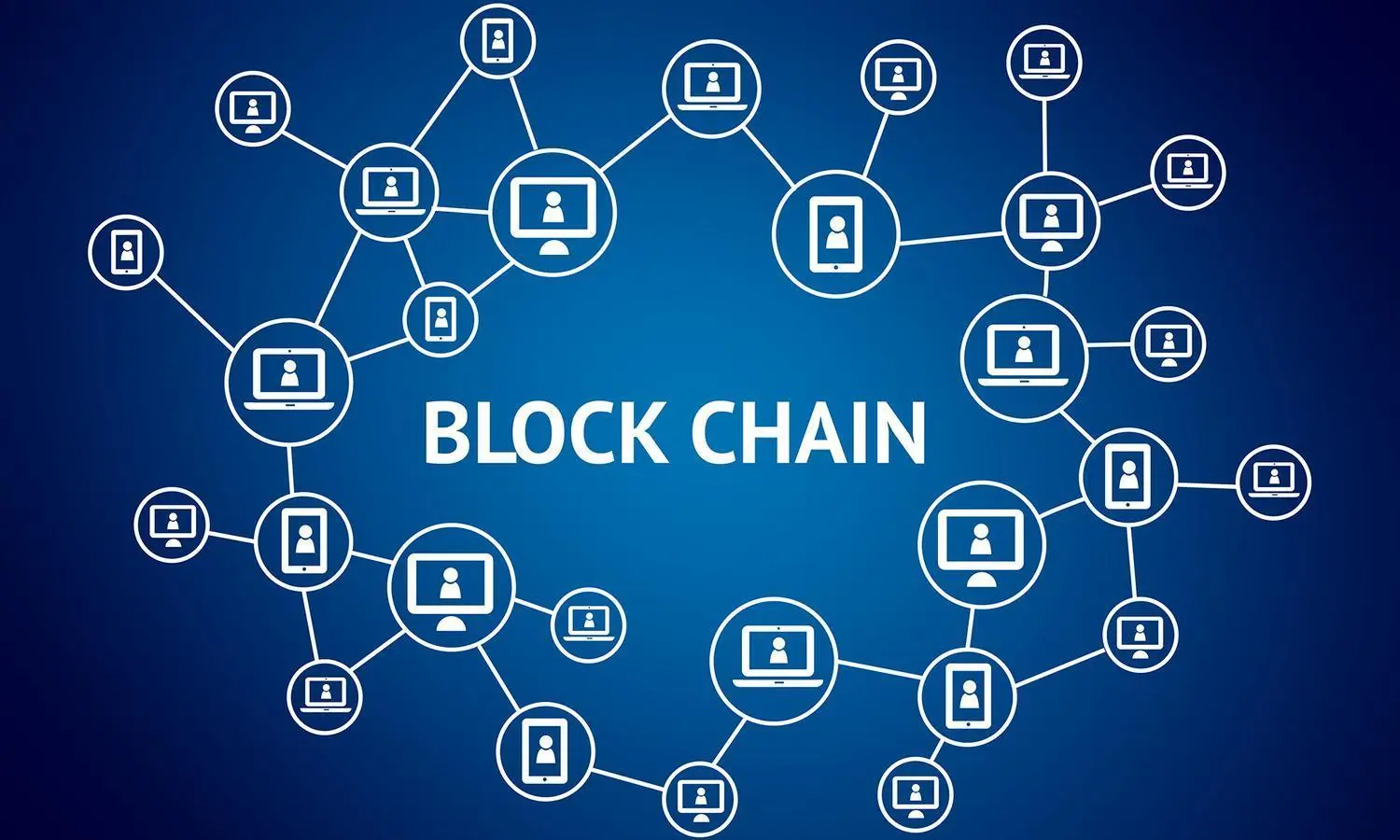Contents
Introduction
In the fast-paced world of cryptocurrency, innovation knows no bounds. One of the most exciting developments in recent times is the tokenization of assets. Tokenization has opened up a world of possibilities in the realm of crypto exchange development, revolutionizing the way assets are bought, sold, and traded on blockchain networks. In this article, we will explore the concept of asset tokenization, its benefits, and its impact on the cryptocurrency industry.

What is Asset Tokenization?
Understanding the Basics
Tokenization involves representing real-world assets as digital tokens on blockchain networks. These tokens can then be bought, sold, and traded in fractions, making it possible for a larger number of investors to participate in the ownership of valuable assets that were previously inaccessible due to high entry barriers.
How Does it Work?
The process of asset tokenization begins with selecting a physical asset, such as real estate, artwork, or commodities. The asset’s value is then divided into smaller units, and each unit is represented as a unique digital token on the blockchain. These tokens are secured by smart contracts, ensuring transparency, immutability, and traceability of ownership.
The Advantages of Asset Tokenization
Increased Liquidity
Asset tokenization brings liquidity to traditionally illiquid markets. By breaking down assets into smaller tokens, investors can buy and sell fractions of assets without having to purchase the entire asset. This increased liquidity benefits both investors and asset owners.
Accessibility to Global Markets
Tokenization democratizes access to valuable assets. Investors from around the world can participate in asset ownership without being restricted by geographical boundaries or local regulations. This fosters a more inclusive and diverse investor community.
Fractional Ownership
Asset tokenization enables fractional ownership, meaning investors can own a part of an asset rather than the whole thing. This makes investing in high-value assets more affordable and attractive to a broader range of individuals.
Enhanced Security
Blockchain technology ensures a high level of security in asset tokenization. The decentralized nature of the blockchain makes it resistant to hacks and fraudulent activities, providing investors with peace of mind regarding their investments.
Simplified Asset Management
Tokenized assets can be managed more efficiently through smart contracts. These self-executing contracts automate various processes, such as dividends distribution and voting rights, streamlining the overall management of the asset.
The Impact on Cryptocurrency Exchange Development
The integration of tokenized assets has significant implications for cryptocurrency exchanges. Here’s how it’s reshaping the landscape:
Diverse Asset Offerings
With asset tokenization, cryptocurrency exchanges can broaden their offerings beyond traditional cryptocurrencies. They can now list a wide range of tokenized assets, attracting a larger user base and expanding their market presence.
Regulatory Compliance
Asset tokenization brings regulatory challenges, but it also encourages exchanges to adopt more robust compliance measures. By adhering to relevant regulations, exchanges can foster trust and legitimacy among users and regulators.
Market Innovation
Tokenization drives innovation in the cryptocurrency market. As developers explore new possibilities, they are likely to come up with creative solutions that improve the efficiency and usability of cryptocurrency exchanges.
Conclusion
The tokenization of assets has opened up a world of possibilities in cryptocurrency exchange development. It has revolutionized the way we buy, sell, and invest in valuable assets, bringing liquidity, accessibility, and enhanced security to the market. With the ever-evolving landscape of cryptocurrency, asset tokenization is poised to be a driving force behind financial innovation, transforming the way we perceive and interact with traditional assets.
FAQs
Q1: Is asset tokenization limited to high-value assets only?
No, asset tokenization can be applied to assets of various values, from high-value real estate to smaller commodities.
Q2: Are there any risks associated with tokenized assets?
As with any investment, there are risks involved in investing in tokenized assets. However, the use of blockchain technology and smart contracts mitigates many of the traditional risks associated with asset ownership.
Q3: Can anyone participate in asset tokenization?
Yes, asset tokenization allows for a more inclusive investment environment, enabling investors from around the world to participate in asset ownership.
Q4: How are tokenized assets regulated?
Regulations for tokenized assets vary from country to country. Exchanges dealing with tokenized assets must comply with relevant regulations to ensure a safe and transparent trading environment.
Q5: What is the future of asset tokenization?
The future of asset tokenization looks promising, as it has the potential to revolutionize various industries beyond cryptocurrency, such as real estate, art, and supply chain management.



